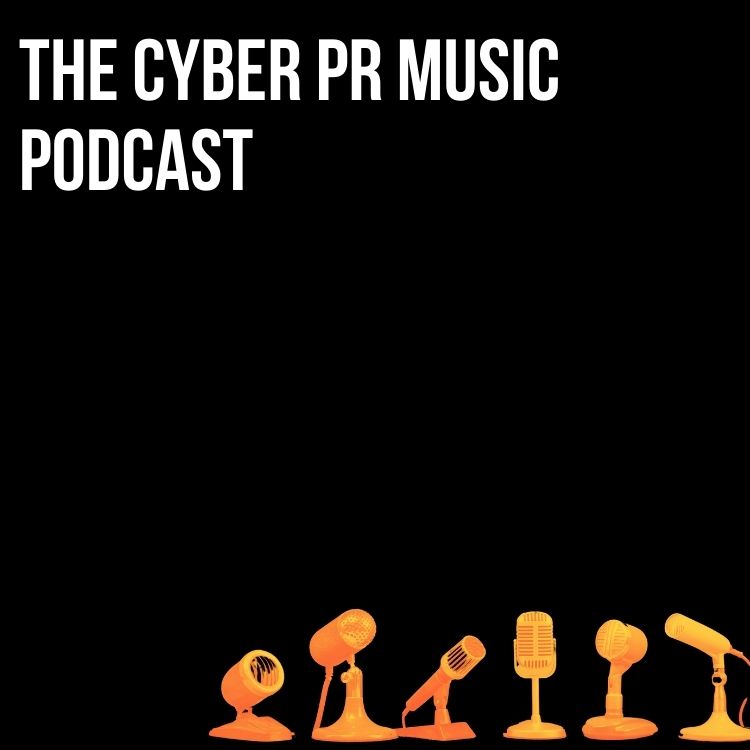
Goal-setting is an important factor in achieving desired results. Without goals in mind, you will be working aimlessly and without a determined future in mind. Most people set goals at the beginning of the year, but you can set them at any time! Here’s our Musician’s Guide to Setting & Achieving Goals.
Before you begin, ask yourself: Is now the time I want to make a difference for my musical career? And if so – what difference and how?
Think of goal setting as if you were driving in a foreign place – you wouldn’t get where you expect to go without a clear set of directions.
Goal setting is like drawing a map for yourself.
This article is designed to assist you in creating a personal roadmap for achieving what you would like with your musical career, whether you consider music your hobby or you are making a living out of it full-time.
I have included a few links throughout from some of the best musician related posts on how to think about and achieve your goals. So, bookmark this long article and refer to it throughout the year!
Mapping Out Your Goals
Many studies have proven that long-term perspective is the most accurate single predictor of upward social and economic mobility in America. And it has been proven that people who have goals written down are much more likely to achieve them, and achieving is what we’re after here.
Focus Areas – Creating Order
STEP 1: Write Down Your Focus Areas
Here is a list of some areas you may want to focus on. Skip the ones that are not for you and write out each focus area goal.
Branding – Your look, your feel, your image, your health and/or your pitch.
Marketing – What will you do for your marketing plans?
Newsletter – Creating and sending it 12 – 24 times a year (1-2 times a month). Also getting the numbers up on your mailing list while flushing out the inactive emails addresses on the list.
Website – Building a new one, diversifying your online presence, or re-branding?
Social Networking – When was the last time you tweeted or posted on Instagram?
Music PR – Getting covered on online outlets (blogs, podcasts, websites). Are people talking about you in the blogosphere?
Booking – Touring or local gigs? Maybe a combination of both?
CD’s & Downloads – How many would you release, distribute, and sell? What is your ideal number? Do you have a distribution plan?
Money – How much money would you honestly and realistically like to earn a year?
Film and TV Placements – Will you work towards them?
Expanding and Maintaining Your Fan Base – How will you focus on new fan outreach, while still acknowledging and appreciating those who have been true fans of yours for years?
Team – Will you attempt to get a manager or a booking agent?
Time – How will you manage to balance your time to make sure you can focus on your musical goals?
Writing & Recording – Songwriting or recording an album or EP this year?
Your Instrument – Buying a new instrument or taking lessons?
Personal Health – This is just as important as it helps your performance be better – exercise, eating healthier, etc.
STEP 2: Write Your Goals Down
- Write each goal as if it is already happening. In other words, be sure to use the present tense!
- Give a date for when you want to achieve each one.
- Your goals should involve you and only you (they can’t involve you being reliant upon someone else).
- Be pragmatic. Make sure the goals you are setting for yourself are realistic and achievable.
- To rev up your momentum, start with small goals so you can get them checked off the list and build up your confidence.
- Make sure they make you FEEL MOTIVATED to complete! Derek Sivers wrote a great post on this.
STEP 3: Look At Goals Every Day
I highly recommend writing your goals neatly on paper or creating a vision board that illustrates them. Use colored pens/markers/highlighters or make a collage that brings them to life, and hang them in a place where you can clearly see them every day.
Keeping them in your sights will keep them in your mind and, in turn, keep you in the right mindset.
Techniques For Achieving Goals
1. Start With An Easy Goal And Get It Done
One of the primary reasons people don’t end up achieving their goals or their new year’s resolutions is they set themselves up to fail. They accidentally choose goals that take a lot of discipline and time to achieve. However, there is nothing wrong with having big goals. Here’s what I recommend to overcome this issue…
Choose a simple goal and get it achieved within the next two weeks. This will start your momentum and get you feeling like you are in full forward motion.
Think of a small, achievable goal that only takes four to five hours or so to complete.
Choose something like:
- Organize your cluttered studio
- Clean off your desk
- Delete unwanted files from your computer
- Recycle last year’s unwanted papers
- Write one verse to a new song
Next, set a date for when you will get it done by and go for it.
Now that you have achieved a goal within the first two weeks of the new year, the rest of your goal setting will seem a lot more attainable. You have already made an achievement and a step, orienting yourself for improvement.
2. Make Lists To Stay On Track
- Make daily lists of what you need to do to get your goals met – the night before! Do the hardest thing first in the morning – don’t be a procrastinator. By getting the most daunting task done first, everything else will seem like a breeze.
- Delegate the little activities that waste your valuable time to other people (you would be amazed what you could do with the 4 hours it takes to clean your house).
- Don’t overload yourself – studies show that 6 tasks is the maximum you can achieve in one day! Of course, this depends on how much time and energy each task involves.
3. Take Derek Sivers’ Advice: Zip It!
Derek gave a riveting 3 minute TED Talk about keeping your goals to yourself because announcing them to the world may hurt your motivation. I know I just said hang them in a place where you can see them, but this is very different from broadcasting them to the world. You can always take your vision board down when guests come over!
4. Get Help
Build a TEAM to help you!! Get an intern or two – read my guide on how to delegate here.
If you are not comfortable with the idea of an intern, then ask a friend or a family member to help you. Schedule just 2 hours a week with that person to attack your goals and get them in motion.
5. Set Aside Time to Achieve Goals
They won’t happen unless you have time to make sure they do!
Here is his 6:45 video called “6 Time Management Tips to Increase Productivity”.
6. Remember You Can Change The Goals As You Go!
Goals should be looked at as beacons and guiding points for you to keep yourself on track along your journey. I would not recommend changing them every week, but the music industry is changing so rapidly it’s hard to know what goals are reachable in this landscape. So, if over the course of the year your goals change, it’s OK to cross one off or modify as you go.
7. Write Down 5 Successes Each Day
Write down five little victories each day for the entire year.
Once you start getting into this habit, you are training yourself to put focus on the positive and get your brain to stop being so critical.
Put a notebook in your gig bag or next to your bed and each day write down 5 things. Make one or two of them music or band related.
Here are some examples:
1. Worked out.
2. Wrote lyrics for a new song.
3. Called three clubs for potential booking.
4. Did the dishes.
5. Asked 25 friends to follow me on Spotify
My Final Piece Of Advice, Be Kind To Yourself
This is a process intended to take 365 days. You will have your days where you may get frustrated, and you will start to beat yourself up.
Self-criticism will interfere directly with achieving your goals and dreams. So, the next time you feel unaccomplished or frustrated , take a step back and instead acknowledge the good and celebrate your achievements.
Another thing that will stop you is not making time for YOU, so schedule time to reflect and take it all in. Maybe that’s a walk in the woods, maybe that’s cooking a decadent meal, or maybe it’s turning off the devices for a few days.
Like our blog? Subscribe to our newsletter to stay up to date on everything music and Cyber PR!
Subscribe for more!
Back to The Blog


















